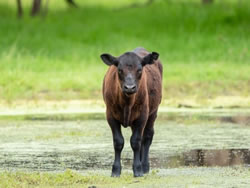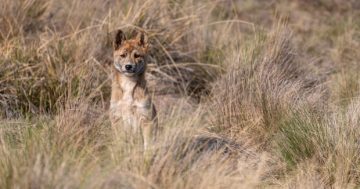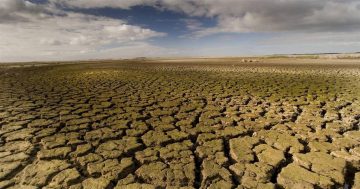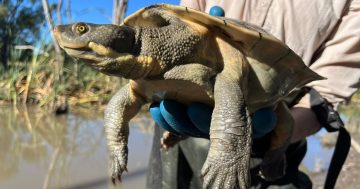 SafeWork NSW is warning people to be wary of flood waters and muddy soil that could be contaminated by infectious animal diseases.
SafeWork NSW is warning people to be wary of flood waters and muddy soil that could be contaminated by infectious animal diseases.
Director of Health and Safe Design at SafeWork, Jim Kelly said leptospirosis was transmitted to humans from domestic and wild animals, including mice and rats, livestock, pigs, pets and wildlife.
Mr Kelly said the disease could cause flu-like symptoms such as fever and chills, headaches, muscle aches, cough, abdominal pain, nausea, vomiting, diarrhoea and conjunctivitis.
“Outbreaks are common after floods and are usually associated with flood water contaminated with the urine or tissues of infected animals,” Mr Kelly said
“People most at risk are those who have close contact with animals or who are exposed to water, mud, soil, or plants that have been contaminated,” he said.
“This could be anyone in a flood scenario as the contaminated water and mud are spread across properties and many people are involved in rescues, repairs and clean-up work.”
Mr Kelly said it was difficult to avoid contact with flood waters but, if possible, people should wear protective clothing (such as waterproof shoes and gloves) and ensure that broken skin was covered with a waterproof dressing.
He said anyone involved in clean-up efforts should also wear goggles and an apron, especially if working with animals, and make sure to shower and wash cuts and grazes with soap.
He said symptoms usually developed between five and 14 days after infection, although they could develop from two to 30 days and last from a few days to three weeks or longer.
“Leptospirosis can be treated with antibiotics and a doctor may prescribe them before testing for infection.
“Testing can take some time and the disease can be severe.”
Mr Kelly advised people with any symptoms of leptospirosis to mention the disease to their doctor.
“The risk will also be around sometime after the flood waters recede so don’t delay cleaning up rubbish and removing food sources that are close to facilities or accommodation,” he said.









